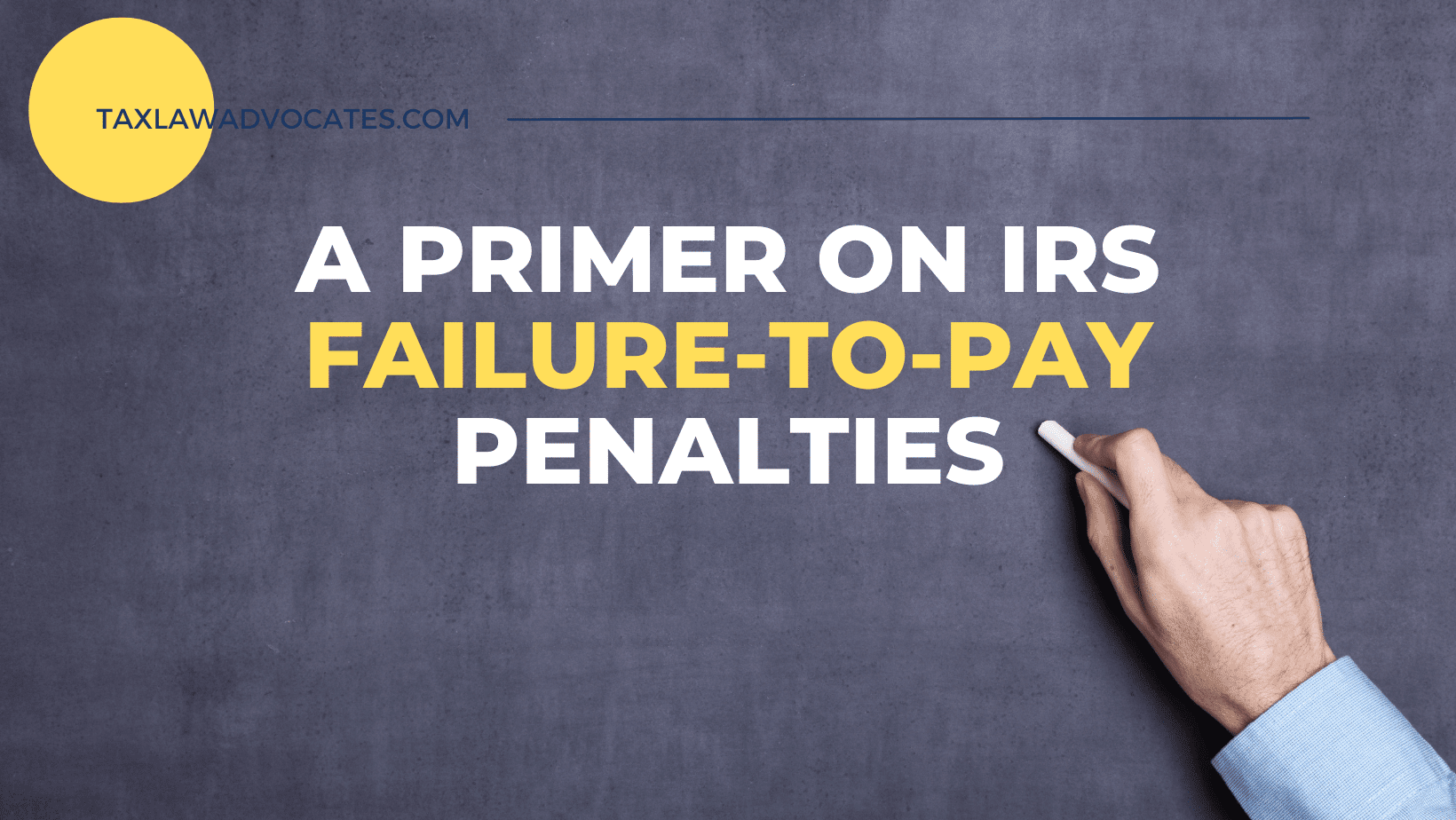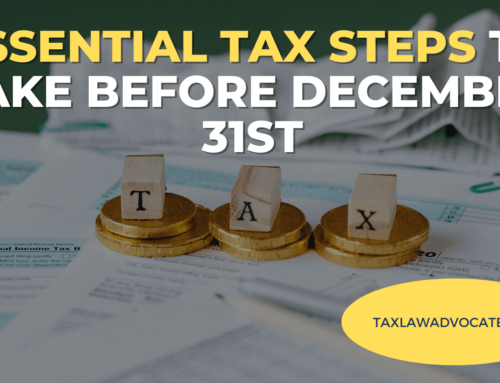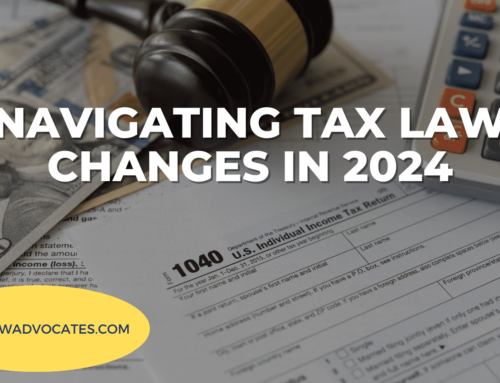If you owe taxes to the IRS, it’s important to understand their failure-to-pay penalties. Failure to pay or file your taxes on time can result in hefty fees and even criminal charges. So, let’s take a look at exactly what constitutes an IRS failure to pay penalty and how you can avoid them.
What Is an IRS Failure-To-Pay Penalty?
An IRS failure-to-pay penalty is assessed when you don’t pay your taxes by the due date—April 15th for individuals and March 15th for corporations. This type of penalty applies only if you owe taxes. The amount of the penalty varies depending on the situation but typically accrues at 0.5% per month of the unpaid balance until it reaches 25%.
The best way to avoid this fee is to pay your taxes on time. If, however, you cannot do so, there are alternatives available that may help reduce or eliminate the penalty. You may be able to establish an installment agreement with the IRS or submit an Offer in Compromise (OIC) that reduces the amount owed. Other options include requesting a temporary delay in payment due to financial hardship or submitting Form 1127A if your tax bill exceeds $100,000 and it is not feasible for you to pay in full within 120 days.
Penalties for Not Filing
In addition to failure-to-pay penalties, taxpayers may also incur penalties for not filing their taxes by the deadline—even if they don’t owe any money! This penalty is usually 5% of the unpaid tax balance per month up to 25%. Fortunately, this fee can be waived as long as you can prove reasonable cause for why you failed to file timely; examples include hospitalization, natural disasters, or death of a family member prior to filing date.
How To Avoid Penalties
IRS failure-to-pay penalties can be steep and should be avoided whenever possible. By understanding exactly what constitutes an IRS failure-to-pay penalty and knowing your options if you are unable to pay on time, taxpayers can ensure that they remain compliant with all applicable laws while minimizing any associated fees or consequences.
It’s also important that taxpayers understand that they may incur additional fees if they fail to file their taxes by the deadline regardless of whether they owe any money or not! With proper planning and knowledge of IRS regulations regarding payment deadlines and penalties, taxpayers can avoid these costly fees altogether.






